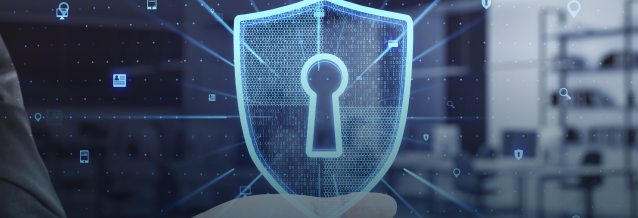Digital Forensic Services Uncovering the Hidden World of Cyber Threats
Digital forensic services play a crucial role in uncovering the hidden world of cyber threats, serving as the linchpin in modern cybersecurity investigations. These services involve the systematic process of collecting, preserving, analyzing, and presenting digital evidence in a manner that is legally admissible. As cyber threats become increasingly sophisticated, digital forensics offers a way to peel back the layers of complexity and identify the origins, methods, and impacts of malicious activities. The primary goal of digital forensics is to uncover evidence that can reveal how a cyber-attack was executed, which can be critical in both preventing future incidents and prosecuting cybercriminals. This process begins with the collection of digital evidence from various sources, including computers, servers, mobile devices, and network traffic. Ensuring that this evidence is collected in a forensically sound manner is paramount; improper handling can lead to data corruption or loss, compromising the investigation’s integrity. Specialized tools and techniques are employed to ensure that the data is collected without altering its original state, maintaining its admissibility in court.

Once collected, the evidence undergoes a thorough analysis to reconstruct the sequence of events leading up to and following the cyber-attack. This stage involves examining file systems, logs, and other digital footprints to understand how the breach occurred. Analysts might look for signs of malware, unauthorized access, or other indicators of malicious activity. The forensic analysis can reveal critical details such as the attacker’s methods, the vulnerabilities exploited, and the extent of the damage. This information is invaluable for organizations seeking to strengthen their defenses and prevent similar attacks in the future. Digital forensic services also play a significant role in incident response. When a security breach occurs, forensic experts are often called upon to quickly assess the situation, contain the threat, and mitigate its impact. Their expertise helps organizations understand the full scope of the incident, including which systems were affected, how the attacker gained access, and what data may have been compromised. This rapid response can be crucial in minimizing damage and restoring normal operations and go here. Moreover, digital forensics is not limited to investigating attacks; it also encompasses proactive measures such as security audits and compliance checks.
By regularly auditing systems and networks, forensic experts can identify potential vulnerabilities before they are exploited. This proactive approach helps organizations bolster their security posture and stay ahead of emerging threats. In the legal realm, digital forensics provides a foundation for prosecuting cybercriminals. The evidence gathered and analyzed can be used in court to support allegations and prove wrongdoing. This evidence must be meticulously documented and presented in a clear, comprehensible manner to withstand scrutiny from legal professionals and ensure that justice is served. In conclusion, digital forensic services are indispensable in navigating the complex landscape of cyber threats. By uncovering hidden evidence and providing actionable insights, these services help organizations protect their assets, respond to incidents, and uphold legal accountability. As cyber threats continue to evolve, the role of digital forensics becomes increasingly vital in defending against the ever-changing tactics of cyber adversaries.